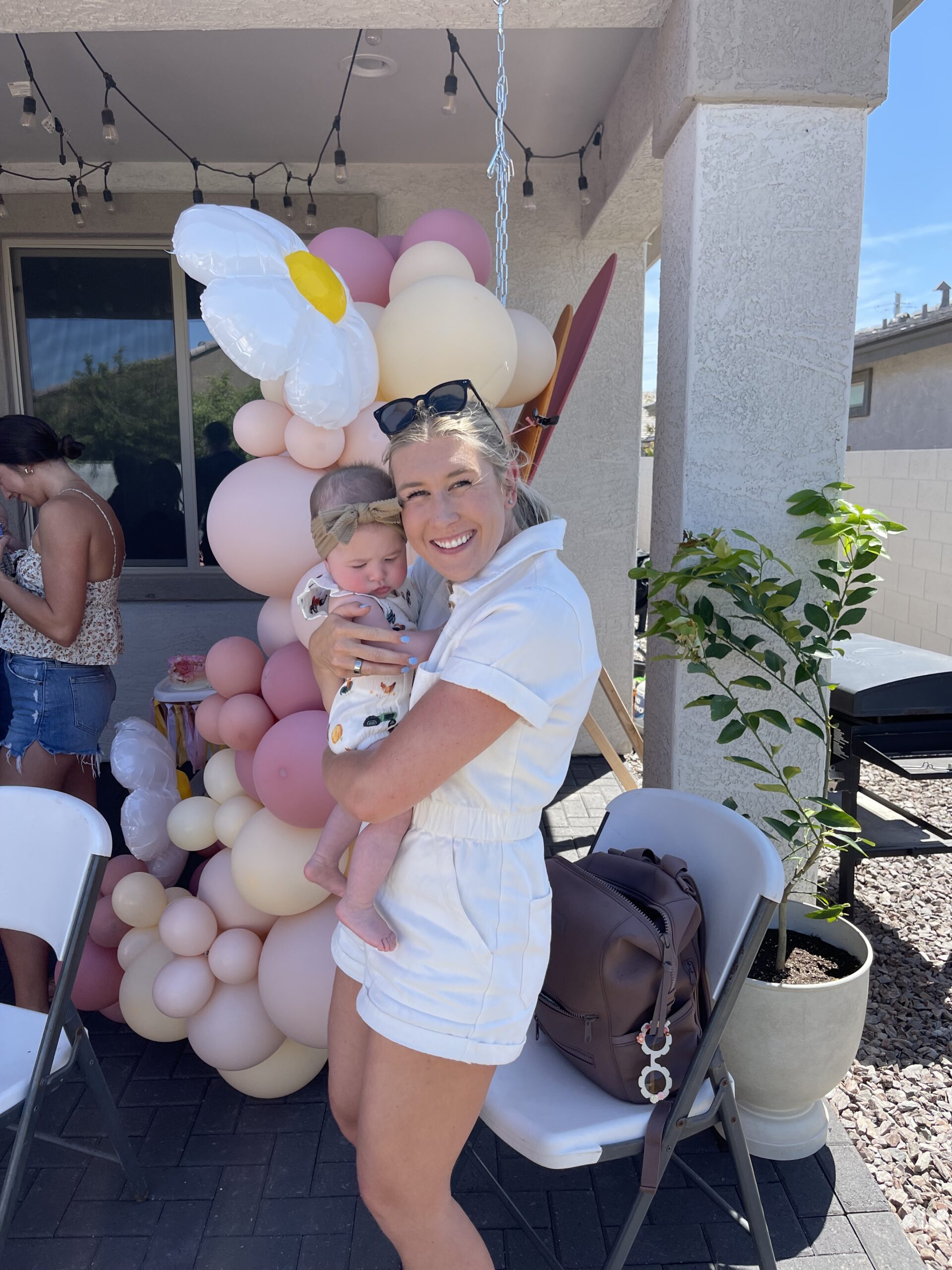Mastering Responses to Weight-Related Comments With Boundaries

Written By:
Category:
Ryann Nicole
Are you just tired of everyone talking about your weight all the time? I totally get it! I used to go home to visit my family, and it felt like there was always a comment about my weight, and honestly, it was annoying. The thing is, those comments weren’t always negative. Sometimes they’d be like, “Wow, you look great!” and that would make me feel good, but it also made me think that my worth depended on my weight. So, I decided to set a boundary with my family.
I basically told them, “My weight is off the discussion table. Whether I gain or lose weight, it doesn’t matter; we’re talking about something else.” This simple step did wonders. It removed the anxiety of wondering whether I’d get a good or bad comment about my weight. Plus, it opened up the space for us to have other, more meaningful conversations. And the best part is, it didn’t create a family feud – they respected my boundary because they care about me.
Setting The Boundary
If your family is constantly commenting on your weight, I promise you’re not alone. They’re doing it because they love you (even if it doesn’t always feel like it). They might think they’re being supportive, but they won’t know how it affects you unless you tell them. I know it’s tough, but here’s a simple formula I use to set boundaries with family members: Define, Communicate, Stand, and React.
Define your need: Be clear about what you want.
First things first, you need to understand precisely what you want. In this context, your need might be to stop those pesky comments about your weight. The key here is to be specific. By identifying your need with precision, you’ll make it easier for your family to understand and respect your boundary. So, instead of saying something vague like, “I don’t want people to talk about my weight,” you can say, “I want my family to stop commenting on my weight.”
Communicate your boundary: Articulate it with care and respect.
This part can be a bit tricky because you might fear that setting a boundary will come off as confrontational. However, it’s crucial to remember that setting a boundary is a form of self-care. You’re not being mean or needy; you’re taking care of your emotional well-being. When you communicate your boundary, it’s essential to be respectful and assertive. Here are some phrases you can use:
- “I appreciate your support, but I’m not seeking weight-related advice right now.”
- “I hear your concern about my weight, but I’d appreciate it if you didn’t comment on it.”
- “I need you to stop commenting on my weight, whether it’s positive or negative.”
Stand your ground: Show confidence and resilience.
Setting boundaries doesn’t end with the communication part. You have to follow through and uphold your boundary. It’s your responsibility to demonstrate to your family that these comments aren’t helping you. Be confident and don’t back down when faced with resistance. Remember why this boundary is essential for your well-being. You’re not just protecting yourself from hurtful comments; you’re also creating a healthier dynamic with your family. When you stand your ground, you’re teaching them how to treat you better.
React with consequences: Make sure the message is clear.
The final step in setting boundaries is ensuring that there are consequences when someone repeatedly crosses those boundaries. Consequences serve as a reminder to others that your boundaries are not negotiable, and they must be respected.
Here are some important aspects to consider:
- Clarity: It’s crucial to be crystal clear about the consequences when your boundaries are violated. Ambiguity can lead to confusion or misunderstanding, so everyone involved should be aware of what’s at stake.
- Consistency: Consistency is key in enforcing boundaries. When consequences are established, they must be applied consistently. This ensures that people understand that the boundary is firm and not subject to change based on the situation.
- Fairness: The consequences you set should be appropriate for the violation. It’s important to ensure that they are fair and not overly punitive. The goal is to create a healthy and respectful dynamic, not to cause harm.
- Immediate action: If someone continues to comment on your weight despite your boundary, it’s essential to react promptly. Delayed consequences may not be as effective in reinforcing the importance of respecting your boundaries.
Now, when it comes to what you might say as consequences, it depends on your specific situation and what you feel comfortable with. Here are a few examples:
- “If you continue to comment about my weight, this conversation will end.”
- “If you persist in discussing my weight, I will no longer answer your phone calls.”
- “If you continue to comment about my weight, I will no longer spend time with you.”
The key is to choose consequences that are meaningful to you and appropriate for the situation. The goal is to protect your well-being and foster a more respectful and healthy relationship with your family members.
Boundary Reminder
Remember, these boundaries are all about taking care of you and having better relationships. You’re the boss of your well-being, and by setting these rules, you make room for chats that really count. Trust me, your happiness is totally worth it, and setting these boundaries is like a power move on your journey to a more kick-butt and fulfilling life.
Keep Reading
Body Acceptance: Embracing Your New Stretch Marks
Recovering From Binge Eating: 5 Empowering Truths You Need To Hear
Ryann Nicole
Licensed Therapist, Certified Nutritionist, and Virtual Wellness Coach
Ryann is a licensed therapist and virtual wellness coach who has assisted individuals worldwide in establishing a healthier relationship with food and their bodies.
Are You Ready to Heal Your Relationship With Food?
I understand—it can be overwhelming to figure out where to begin. Let's simplify things and have you start right here:
Why Am I Overeating?
First Steps To Stop Binge Eating
The Food Freedom Lab Podcast
FREE QUIZ
FREE GUIDE
Podcast
the food freedom lab podcast




